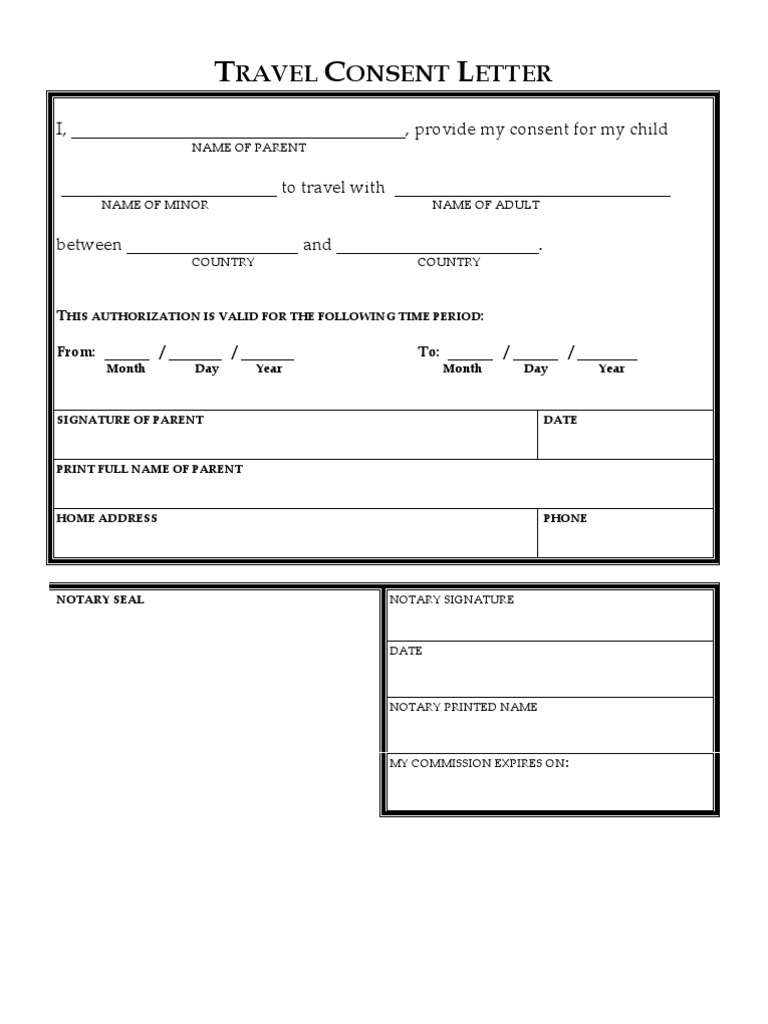Consent Memoir
Vanessa Springora's Consent: A Memoir (HarperVia) was a favourite amongst this weekend's critics. In the memoir, originally published in France in January 2020, Springora tells of having been sexually abused by writer Gabriel Matzneff between the ages of 14 and 16, when he was more than three times her age. In the Times, Melanie Reid dubbed the memoir 'rapier-sharp, written with restraint, elegance and brevity — and beautifully translated.' In the Guardian, Lauren Elkin said the author describes, with 'admirable restraint,' how Matzneff 'expertly manipulated her.' In the Spectator, Fleur Macdonald thought the memoir 'dismantles the myth of the eccentric genius,' adding that 'Matzneff’s legacy is now enmeshed forever in this clever, thoughtful and honest book.'
Consent Memoir
One is the definition of consent in a legal system where an age of consent is not specifically established and where, therefore, the charge of statutory rape does not exist. The other has to do with the power of literature, if not to excuse, then at least to blur the reality of the actions described in the text. Consent is the story of her stolen adolescence. Devastating in its honesty, Springora's painstaking memoir lays bare the cultural attitudes and circumstances that made it possible for a thirteen-year-old girl to become involved with a fifty-year-old man. Consent is a brilliantly rendered memoir authored by a woman, Donna Freitas, who dreamed of being a professor. Unfortunately, she encountered a huge hurdle to realizing her dreams when a professor, a priest no less, became obsessed with her. Donna Freitas' memoir is a chilling and important look at consent, understanding consent, and how harassment can affect a person's present and future. Consent, by Vanessa Springora and translated by Natasha Lehrer, was published in France last year. It was a sensation, selling 200,000 copies. It was a sensation, selling 200,000 copies. It is nonfiction that, yes, has the feel of a fable, a memoir of abuse that has been lavishly praised for transcending its type — even as it affirms the.
Inga Vesper's The Long, Long Afternoon (Bonnier Zaffre) wasn't a drag for this weekend's critics. The Sunday Times' Joan Smith wrote, 'Vesper mixes a gripping plot with pithy views on class, sex and race.' Whilst the Guardian's Laura Wilson descried the California-set mystery in which a 1950s housewife goes missing, as a ' tale of inequality, broken dreams and quiet desperation behind a picture-perfect facade.' Over in the Times, Antonia Senior called the novel a 'clever and absorbing debut'. Disk drill pro crack mac.
Consent A Memoir Vanessa
Critics heralded Steven Hall's Maxwell's Demon(Canongate Books) 'enjoyable,' 'consistently fun' and 'often impressive'. Mojave 10.14 download. The Daily Telegraph's Jake Kerridge gave the book a near perfect score, calling the title a 'theory-heavy mystery novel that’s as postmodern as they come, and – or but, depending on the reader – it’s superb.' The Scotsman's Stuart Kelly felt Hall's second novel had been 'well worth the wait' adding 'the genius of the book is that despite it seeming like an elegant orrery, all these wheels within wheels are a carapace, a psychic armour against a grief.'
Consent Book Review

Consent Memorandum
Tamsin Hackett, Books Co-ordinator, The Bookseller Install adobe acrobat reader on mac.
